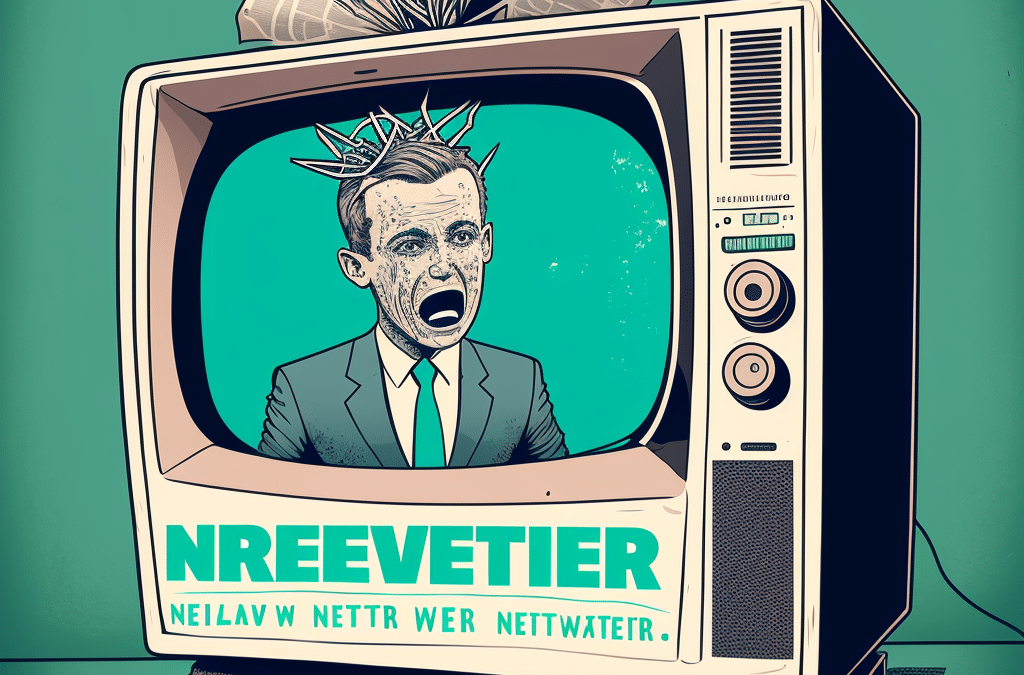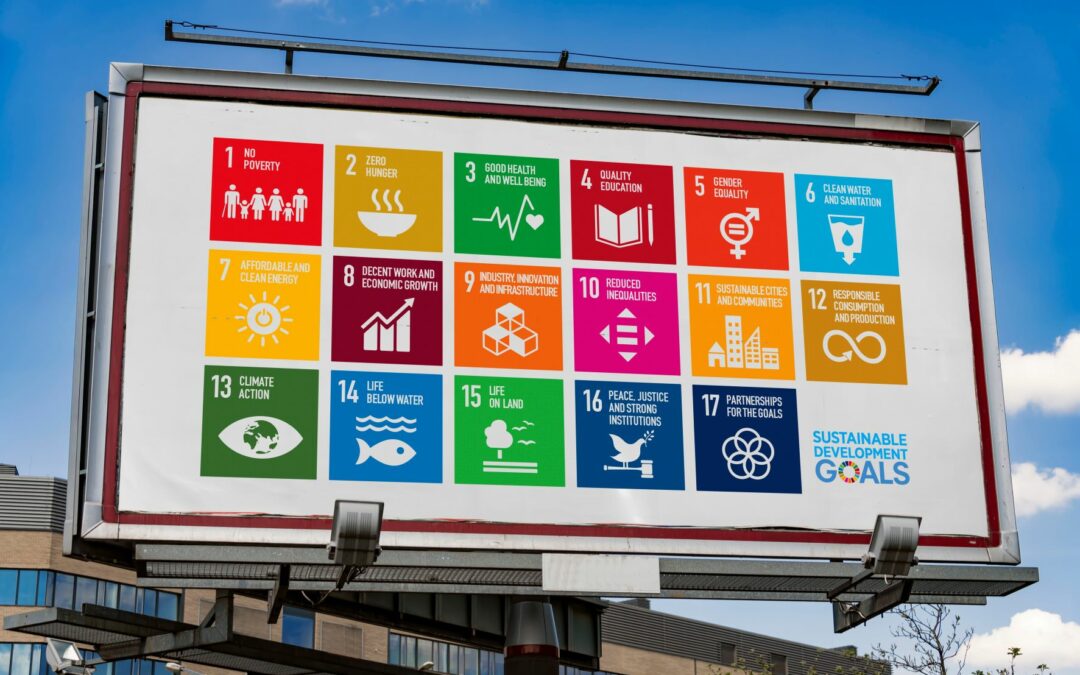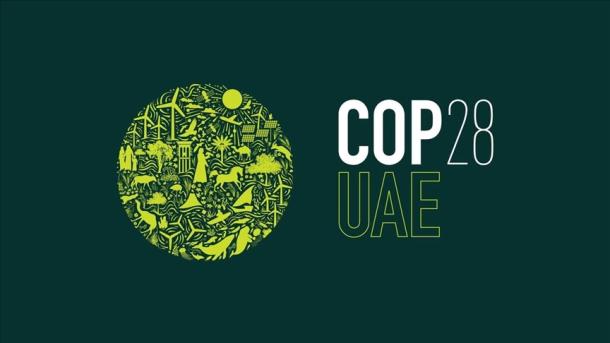1. Prologue: A Lose-Lose War
At the time of this writing, the vicious and unwarranted Russian invasion of Ukraine
is still underway, with no end in sight. The assault is more accurately seen as Putin’s War,
because the Russian autocrat has a retrograde obsession to make Russia great again by
reclaiming nations that were formerly part of the Soviet Union, especially Ukraine.
On the surface, it would seem to be an easy grab, similar to Crimea in 2014, because
the Russian army is much larger than that of Ukraine. But Putin has made several huge
miscalculations: he assumed that Ukraine would welcome him, he underestimated the
fierce opposition of the Ukrainian people and the exemplary wartime leadership of Volodymyr
Zelensky, and he underestimated American financial and military support for Ukraine.
Moreover, he overestimated the efficacy of Russian forces, which were poorly trained and
largely stalled because of poor command structure, corruption, low morale, and logistical
problems of fuel and food. NATO has been strengthened as a result of Putin’s war, which
is quite the opposite of what he desires. Putin also underestimated the economic sanctions
undertaken by the US and other nations, and many large corporations, to freeze Russia out
of the world economy and to seize assets of Russia’s oligarchs. Over 500 corporations have
voluntarily left Russia or suspended activities there, including Visa and Mastercard, Coke
and Pepsi, Uber, Shell, Dell, UPS, Starbucks, the 834 locations of McDonald’s, and Netflix
(which has become Nyetflix). Despite the stream of Orwellian misinformation from Moscow,
Putin is correct in complaining about “economic war”. But it is richly deserved, although still
more is needed to force Putin into serious bargaining and withdrawal.
Four basic outcome scenarios suggest the broad range of possibilities: Putin wins, he loses,
he settles for a compromise, or a stalemate lasting many months or more. Ukraine is already
a huge loser, with tens of thousands of deaths, widespread aimless infrastructure destruction,
and more than 4 million refugees and 7 million internally displaced from the 41 million
population. But Putin is already a loser, with perhaps 15,000 military casualties (including
six Russian Generals), widespread protests in the West and in Russia, despite arrests and
threats of prison for the brave citizens who are speaking out, and growing evidence of war
crimes and genocide. At present, Russian forces have withdrawn from the Kyiv region and
are concentrated in the eastern provinces for what is widely expected to be a bloody struggle.
There is virtually no chance that Ukraine will give up in the short term, absent widespread
use of chemical or biological weapons, or the unlikely but still possible detonation of a
small nuclear weapon. If Putin somehow succeeds in conquering all or part of Ukraine in
months and even years ahead, it will be a Pyrrhic victory at best. He will claim victory, but
the world and many Russians will know better about the huge costs. Putin is already widely
seen as a war criminal for attacking civilians. If he continues to double down, as he seeks
to destroy the Donbas region, he can only descend to the status of “super war criminal”—a
21st century Hitler.
In contrast, Putin could be a big loser, if he is somehow removed from office, or
assassinated (very unlikely). He is also reported to be in poor health and may die of natural
causes. (But any successor will not necessarily be an improvement.) As Russia suffers more
from economic sanctions, if the blanket of Russian misinformation is widely pierced, and if
the enhanced attack in eastern Ukraine is thwarted, a huge Putin loss becomes quite possible.
Talks between Russia and Ukraine had been underway (Putin recently said they are
“dead”), and a compromise might yet be reached, essentially involving Ukraine not joining
NATO, and ceding Crimea and perhaps part of the eastern Donbas region to Russia. Ukraine
presently insists it will cede nothing. Huge questions about security guarantees for Ukraine,
reparations, and removing sanctions would have to be addressed
One can go on and on about Putin’s motivations, which side is winning and likely to
prevail when and where, and whether any compromise and cease-fire can be reached—and
maintained. Much has already been written about the war and will continue to be written.
But relatively little has been written about the consequences of this lose-lose war: energy
insecurity and rising worldwide prices for oil and natural gas, inflation, further supply chain
problems, cyber-security concerns, food security concerns (especially in Africa and the
Middle East), fertilizer concerns (Russia supplies critical components), and huge refugee
problems. All of this is on top of many disruptions resulting from the COVID-19 setback.
“Putin’s War, whatever the outcome, will be a major setback to the SDGs and Agenda 2030.
Instead of this hideous and unwarranted lose-lose war based on unfounded premises and
outright lies (e.g. about “de-nazification”), nations should be widely engaged in a
forward-looking good war for security and sustainability.”
2. Putin’s War, Human Security, and Agenda 2030
Thinking more broadly in space and time, this article considers the impact of the war in
Ukraine over the next decade on two umbrella concepts: Human Security and the UN’s 17
Sustainable Development Goals, a.k.a. the SDGs and Agenda 2030.
No matter the outcome of Putin’s war, there will be a widespread loss in Ukraine, Russia,
and the world at large—a setback roughly on the scale of the COVID-19 pandemic—and
probably worse. If Putin wins or if some compromise is agreed on, it will probably be a
setback for democracy. If Putin loses, it will be a victory for freedom and democracy, but
still with widespread economic losses. In any event, there already is—and will be—far more
thinking about traditional notions of national security.
The Human Security concept has been around for several decades, but with different
definitions, as seen in the International Institute for Human Security (2001, Chicago), the
Institute for Human Security (2001, Tufts University), the Institute for Human Security
(2003, University of Pittsburgh), Human Security Centre (2013, London), Human Security
Collective (2013, The Hague), and the United Nations University Institute for Environment
and Human Security (2003, Bonn). Several other research organizations also seek to
broaden the traditional notion of national security and military strength without using the
“human security” term. It is virtually certain, however, that Putin’s folly and the resulting
reinvigoration of NATO will lead to greater military spending, at least in the short term, at
the expense of spending on other forms of security such as addressing climate change and the
necessary energy transition. Already, Germany plans to increase spending on armed forces
by 100 billion euros, while Denmark and The Netherlands will increase national security
spending to 2% of their GNP.
Security is not explicitly mentioned in the UN’s Sustainable Development Goals,
although it is suggested in the catch-all aspirations of SDG #16 on “Peace, Justice, and Strong
Institutions,” which include the rule of law and the forlorn hope for a “significant decline” in
all forms of violence. Putin’s War is an obvious thrust in the opposite direction.
As for the SDGs, which apply to all nations, they are appreciated more in poorer countries
that stand to benefit the most, but little-known in the richer countries which have the resources
to help the poorer countries. The lack of SDG visibility in general is puzzling, but here
are four possible reasons that keep them from being better-known:
- Complexity: the 17 goals and 169 sub-goals are difficult to grasp as a whole, even when
summarized as six necessary transformations, as they sometimes are; - Climate Dominance: climate change is by far the best-known and arguably most urgent
global concern, as underscored in the recent IPCC report. Although recognized as
SDG#13 (Climate Action), it is not seen in context as one of the SDGs; - Thousands of Relevant Organizations Involved: for better and for worse, The Security
& Sustainability Guide identifies some 2,500 largely international organizations (NGOs,
government agencies, academic institutes, businesses, UN agencies and programs)
involved with a single SDG (e.g. water, cities, poverty) or perhaps a few goals, but
making no reference to the SDGs; these organizations include several hundred alliances,
coalitions, consortia, and networks that are likely more effective in securing action, but
also duplicative of effort and competing for funding and attention; - Lack of Publicity: very occasionally, the SDGs get a passing reference at best in The New
York Times, Foreign Affairs, The Economist, Time, The Guardian, etc., where climate
and energy issues are covered extensively.
To repeat, Putin’s War, whatever the outcome, will be a major setback to the SDGs and
Agenda 2030. Instead of this hideous and unwarranted lose-lose war based on unfounded
premises and outright lies (e.g. about “de-nazification”), nations should be widely engaged
in a forward-looking good war for security and sustainability in a troubled world of nearly
8 billion people, likely to grow to 9.7 billion by 2050, absent widespread war or pandemics.
“Readers of this article are encouraged to seize the moment by adding to this listing and/or
explaining why certain proposals are not feasible or desirable.”
3. Rethinking the Sustainable Development Goals
At a moment of widespread pro-Ukraine solidarity within and among most Western nations,
there will be another major setback to the SDGs, adding to the slowly waning setback from
the COVID-19 pandemic, which is not yet declining in some places as the BA.2 variant and
others appear. Many proposals for SDG action urge “acceleration,” but more likely or not
there will be little or no progress, and even negative progress for some goals, with poor nations
suffering the most. The urgency for action and seriously accelerating progress could—and
should—lead to a mid-course rethinking of the goals.
To this end, here are 12 suggestions:
- Recognize the Obvious: we cannot have sustainability without security, or security
without sustainability; - Disaggregate Human Security: stress the security aspect of eight SDGs: economic
security (SDG#1 on poverty & #8 on work), food security (SDG#2), health security
(SDG#3), energy security (SDG#7), mobility security for refugees (SDG#10), climate
security (SDG#13), and anti-violence security (SDG#16 on peace); - Prioritize Goals and Solutions: climate is paramount, followed by and interrelated with
biodiversity and pollution (SDG#14 on “life below water” and #15 on “life on land”);
more emphasis on established and start-up solutions, as well as indicators of progress; - Prioritize Cost-Effective Actions for Each Goal: but reassess in light of new technology
and information (Project Drawdown on reducing carbon emissions is an exemplar);
• Annual Nominations and Awards: for individual organizations and alliances for each goal
(5% of the attention given to Hollywood’s hyped-up Oscars would be a big step ahead); - A Better Slogan: for example, “Better Ways to a Better World for All” is arguably better
than “17 Goals to Transform Our World” which is idealized, too complex, and perhaps
scary to many; - A Widely Recognizable Logo: similar to the World Wildlife Fund’s panda;
- Stress Economics as Well as Ethics: investment now vs. steeply rising costs later;
- Weekly or Monthly Sustainability Sections: in leading newspapers and magazines;
- Several SDG Champions in Each Nation: to speak on TV shows and write op-eds;
- Annual “Top 10” Reports: added to year-end Top 10 lists of books, films, and music;
- Brief and Popularized Versions of the SDGs: explaining their importance and cost
effectiveness to everyone, in every language, attuned to every culture.
Readers of this article are encouraged to seize the moment by adding to this listing and/
or explaining why certain proposals are not feasible or desirable. A reset of the SDGs and
their presentation is possible. Indeed, a final suggestion is to periodically consider a reset of
the goals, and activities for effectively promoting them. We cannot have a positive “war” in
the interests of all without frequently updated plans, visible coordinators for each goal, many
commentators, widespread conscious participation in the war effort, and hope for winning.
4. Background References
The Security & Sustainability Guide “QuickLook” Series
- Human Security: A QuickLook at (12) Leading Organizations
- Climate Security: A QuickLook at (10) Leading Organizations
- Water Security: A QuickLook at (17) Leading Organizations
- Global Security: A QuickLook at (10) Leading Organizations
- Cyber Security: A QuickLook at (10) Leading Organizations
- Migrants and Refugees: A QuickLook at (16) Leading Organizations
- Environmental Peacebuilding: A QuickLook at (12) Organizations
Climate Change 2022: Impacts, Adaptation and Vulnerability (Intergovernmental Panel
On Climate Change, Working Group II, Feb 2022, 3,675p; Summary for Policymakers,
35p).“5 of the Main Findings from the U.N.’s [IPCC] Report” ( New York Times, March 1,
2022, A8): 1) Climate hazards have worsened significantly in the past decade; 2) If warming
isn’t slowed, the dangers will multiply; 3) Societies have not done enough to adapt and stay
safe; 4) As warming continues, it will become harder and harder to cope; 5) Poor countries
face much bigger challenges than rich ones… “3.3 billion to 3.6 billion people are highly
vulnerable to climate change today.”
“World Scientists’ Warning of a Climate Emergency,” by William J. Ripple et al.,
BioScience, 70:1, Jan 2020, 8-12. (More than 11,000 signatories from around the world
declare, “clearly and unequivocally that planet Earth is facing a climate emergency.”)
“A Message to All UN Member States and Leaders of the UN”, Jeffrey Sachs and 36
signatories, UN Sustainable Development Solutions Network, April 14, 2022 (warns that
“the war in Ukraine threatens not only sustainable development, but the survival of humanity”
and proposes UN revival of peace talks). Also see “Nobel Laureates Support Ukraine,” New
York Times, March 10, 2022, A7 (full-page advertisement from 170 Nobelists, condemning
Russia’s military actions and denial of Ukraine’s legitimate existence), and “A Time for
Solidarity! Statement of the World Academy of Art & Science” (March 2, 2022), condemning
Russia’s military invasion that places “the security of the entire world at risk.”
“Thoughts Turn to the Unthinkable: A Spiral Into a Nuclear War”, New York Times,
March 17, 2022, A22. Also see “Small Nuclear Bombs Raise the Specter of an Escalation
Into Atomic War,” NYT, March 22, A1, and “Putin May Be Tempted to Use Small Nuclear
Weapons, CIA Chief Says” NYT, April 8, A8.
“Some of the Biggest Brands Are Leaving Russia”, New York Times, April 8, 2022,
A23. Also see “Shell Says $5 Billion Loss Is Cost of Russia Pullout” (NYT, April 8, B4) and
“C.E.O.s Are Going Out of Their Way to Punish Russia” (NYT, March 11, A27).
“Conflict Is Cutting Off Food Supplies, Raising Specter of Global Crisis”, New York
Times, March 21, 2022, A1. Also see “War in Ukraine Worsens Hunger in East Africa:
Severe Drought Sets In as Food Prices Rise,” NYT, April 2, A1.
Sustainable Development Report 2021: The Decade of Action for the Sustainable
Development Goals by Jeffrey D. Sachs and four others (Bertelsmann Stiftung, Sustainable
Development Solutions Network, and Cambridge University Press, June 2021, 518p). Includes
the SDG Index and Dashboards for 165 countries, and the six “SDG Transformations”
scorecards.
Sustainable Development Outlook 2021: From Anguish to Determination (UN
Department of Economic and Social Affairs, Sept 2021, 150p). On SDGs 1 (poverty), 2
(hunger), 3 (health and well-being), 8 (growth and employment), and 10 (reducing inequality).
The Executive Summary begins: “The COVID-19 pandemic has inflicted significant setbacks
upon the progress made towards achieving the SDGs, leading to a profound shared distress
in the international community. However, despite these setbacks, it is possible to convert
anguish into determination…in the remaining years of the 2030 Agenda for Sustainable
Development.” It also notes “about half (45%) of the world’s population living in countries
where inequality increased during 2010-2019. The unexpected COVID-19 pandemic
worsened the situation.”
New Threats to Human Security in the Anthropocene: Demanding Greater Solidarity
(UN Development Programme, Feb 2022, 175p). This report builds on the 1994 UNDP
Human Development Report on human security, and the Human Security Commission report
in 2003. In the Foreword, Secretary-General Guterres warns that “humankind is making the
world an increasingly insecure and precarious place.” We face a “development paradox”
where people are on average living longer, healthier, and wealthier lives, but these advances
have not increased their sense of security. “More than 6 in 7 people worldwide perceived
feeling moderately or very insecure just before the outbreak of the COVID-19 pandemic.”
The pandemic has increased this uncertainty. It has imperiled every dimension of wellbeing
and amplified fear across the globe, in tandem with rising geopolitical tensions, growing
inequalities, democratic backsliding, and devastating climate change events. This threatens
decades of development gains and throwing progress on the SDGs further off track. The
Report argues for expanding the human security frame in the face of new threats, and adding
solidarity to the strategies of protection and empowerment proposed in 2003, so that all of
us can live “free from want, from fear and anxiety, and from indignity.” The SDGs provide
an ambitious set of objectives, but efforts remain largely compartmentalized: “tackling them
in silos appears insufficient in the Anthropocene context.”
NOTE: Although obvious, it deserves emphasis that this Report was issued just before the
Ukraine invasion setback.




0 Comments